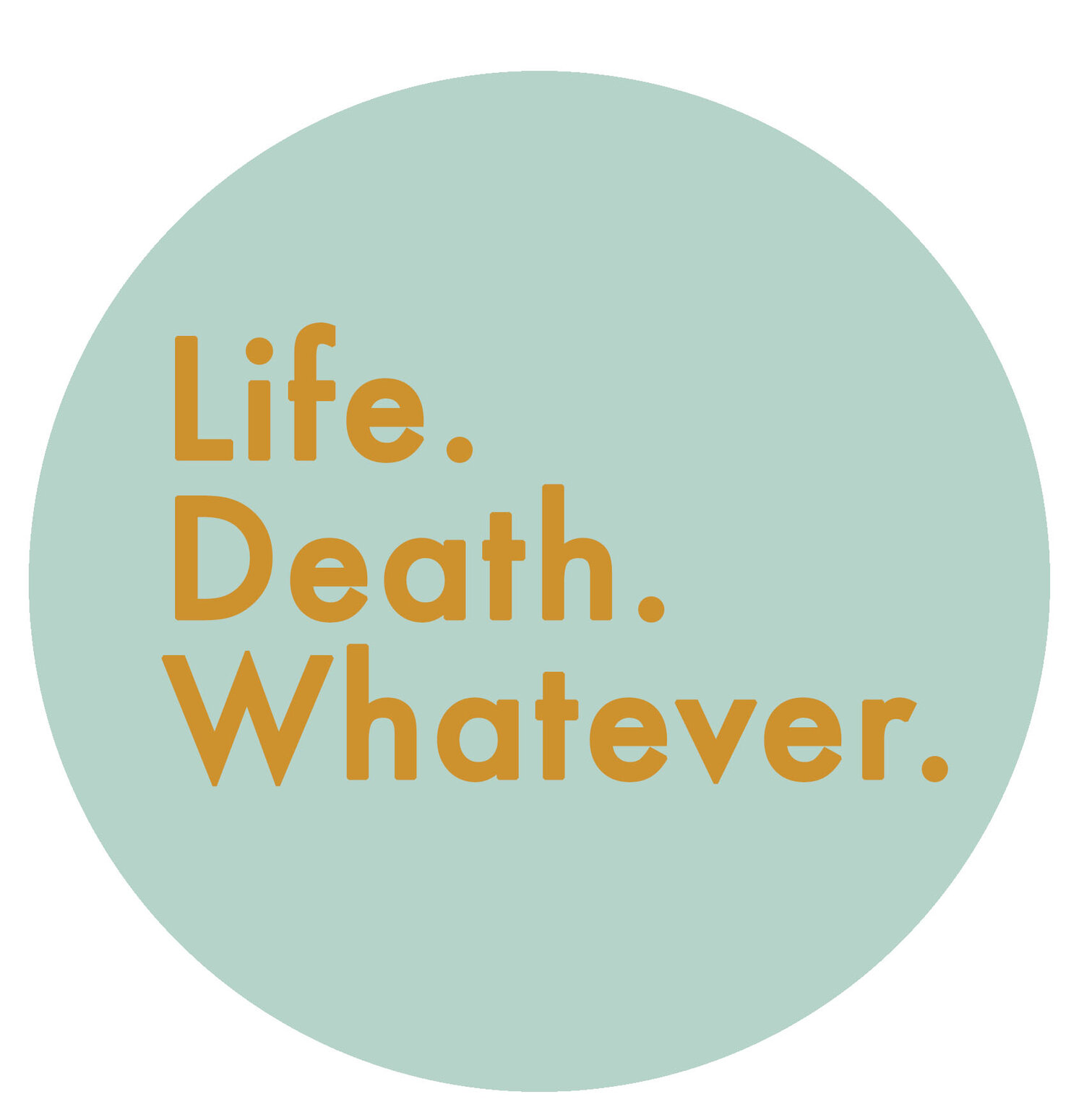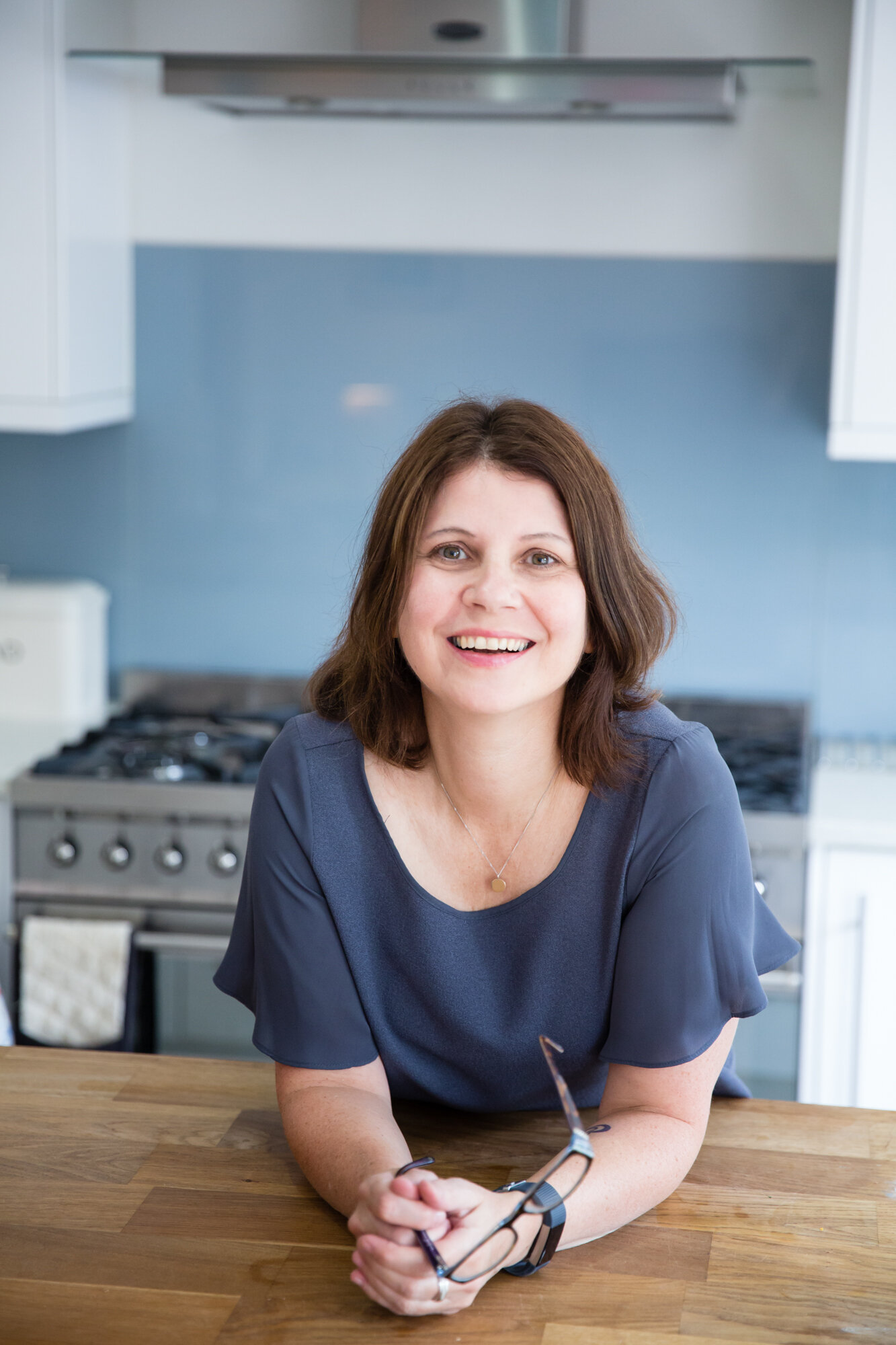1. Eye Movement Desensitisation Reprogramming (EMDR) is a therapy that helps you to process traumatic memories without relying on you talking about the events. If you find recalling your trauma does not lead to any changes or is too disturbing to even think about then EMDR might be the therapy for you.
2. EMDR is a recognised therapy for PTSD, recommended by NICE (the body which approves treatments) and is increasingly available on the NHS. It’s no longer seen as a wacky treatment and is thought to be just as effective as talking therapies.
3. EMDR works using rapid eye movements where you literally follow the therapist’s finger with your eyes. It’s thought that the ‘raw’ form of the memory has been stored away, as the brain is too overwhelmed in the moment to process it. Flashbacks occur as the memory is so near the surface still. During EMDR the brain is stimulated to process, make different neural connections and assimilate the memory.
4. EMDR can minimise your physical reactions to unpleasant memories. Images are dampened down and change throughout the session, becoming softer and gentler. Memories that would make my heart race, trigger nausea, and literally leave me a nervous wreck are now neutral and factual when I recall them.
5. EMDR can invoke a spiritual experience, in my experience. My son died by suicide and I recalled traumatic incidents during my therapy. Samuel was able to tell me that he needed to be let go as he was in so much pain. His spirit also left him in two further sessions which had a profound impact on me. I was not in a spiritual space so this literally took my breath away.
EMDR does not work for everyone and I’m told you need to be in the right place for it to work. I would encourage others to reach out for this support if unsettling memories are dominating. EMDR feels like it’s given me my life back and it might do the same for you.
About Suzanne Howes
”Hi, I am Suzanne Howes. I founded Coaching After Loss after the death of my son from suicide in September 2020. My background is as a nurse and in NHS development roles. I now combine my compassionate coaching skills to support people to move forward after loss, finding meaning and purpose in their lives.
I am also a campaigner for improved models of crisis mental health support for adolescents.”
You can follow Suzanne on Twitter and Instagram
www.coachingafterloss.com


